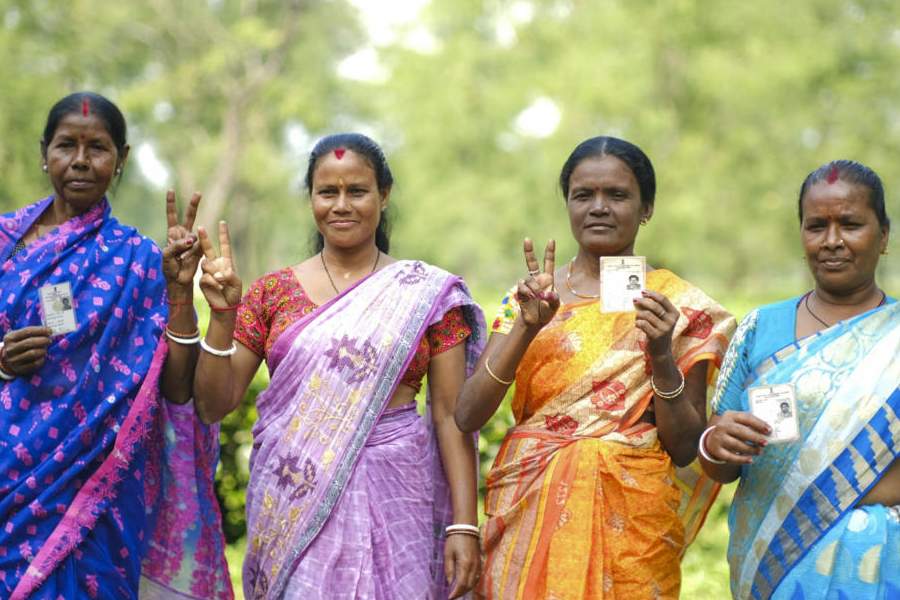As battle lines are drawn for the presidential elections in the United States of America in 2024, it is clear that one of the biggest fights will be over a phrase. In fact, one of the contestants, Ron DeSantis, the governor of Florida and Republican candidate for the presidential nomination, has already declared war on the phrase — ‘woke culture’ — and has promised to eliminate it from America if he were to come to power. While there is no one definition of what it means to be woke, the word has come to symbolise progressive identity politics with an emphasis on addressing the historical grievances of traditionally marginalised groups, whether racial, religious and ethnic minorities, women or LGBTQ people. While woke has roots in the civil rights movement in the US, it has animated culture clashes across the world over the past few years. This idea will only grow, with leading participants in the world’s most watched election making it the centrepiece of their political agenda.
The debate is typically framed by the political Right as one involving the defence of — or challenges to — traditional cultural values derived from social or religious practices. Yet in practice, it often takes the form of tussles that are about privilege. For instance, should white Americans be taught to acknowledge the deep scars that slavery and racism perpetrated by many of their ancestors have left on their nation? Should Europeans recognise that the refugee crisis that the continent faces is a direct consequence of the centuries of colonial plunder and war in countries robbed of their wealth and talent by Europe itself? Should essays on the brutality of casteism be must-reads in Indian classrooms? Or should writers, books, educators, academics and activists who seek this reckoning be penalised, sidelined or even banned? In truth, these questions mask the deeper insecurities of traditionally privileged groups that show up more clearly in ideas like the replacement theory among the political far-Right in the West that suggests a global conspiracy to replace white majorities by immigrant populations. India has a counterpart in the Hindutva Right’s conspiracy theory of a Muslim plot to overtake the Hindu population, which, like the replacement theory, has no basis in facts.
Yet the landscape of woke wars is more complex than a battle between the traditional Left and the Right. Woke progressives are partly to blame too. By describing anyone who disagrees with them as bigots, sections of the Left have pushed traditional allies, like many Muslim communities in the US — towards the Right. Renowned feminists have been ostracised by liberal audiences for seeking a debate on the appropriateness of conversion therapy for primary school children and whether parents should at least be involved, or on whether men who transition late in adulthood can be treated on a par with women who have battled against male-dominated gender-dynamics all of their lives. This approach is as counterproductive as book bans. The warring sides, woke and others, need to talk to each other, not over each other.











